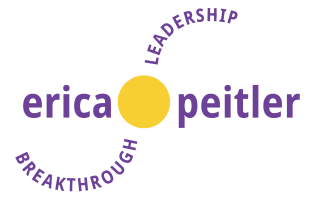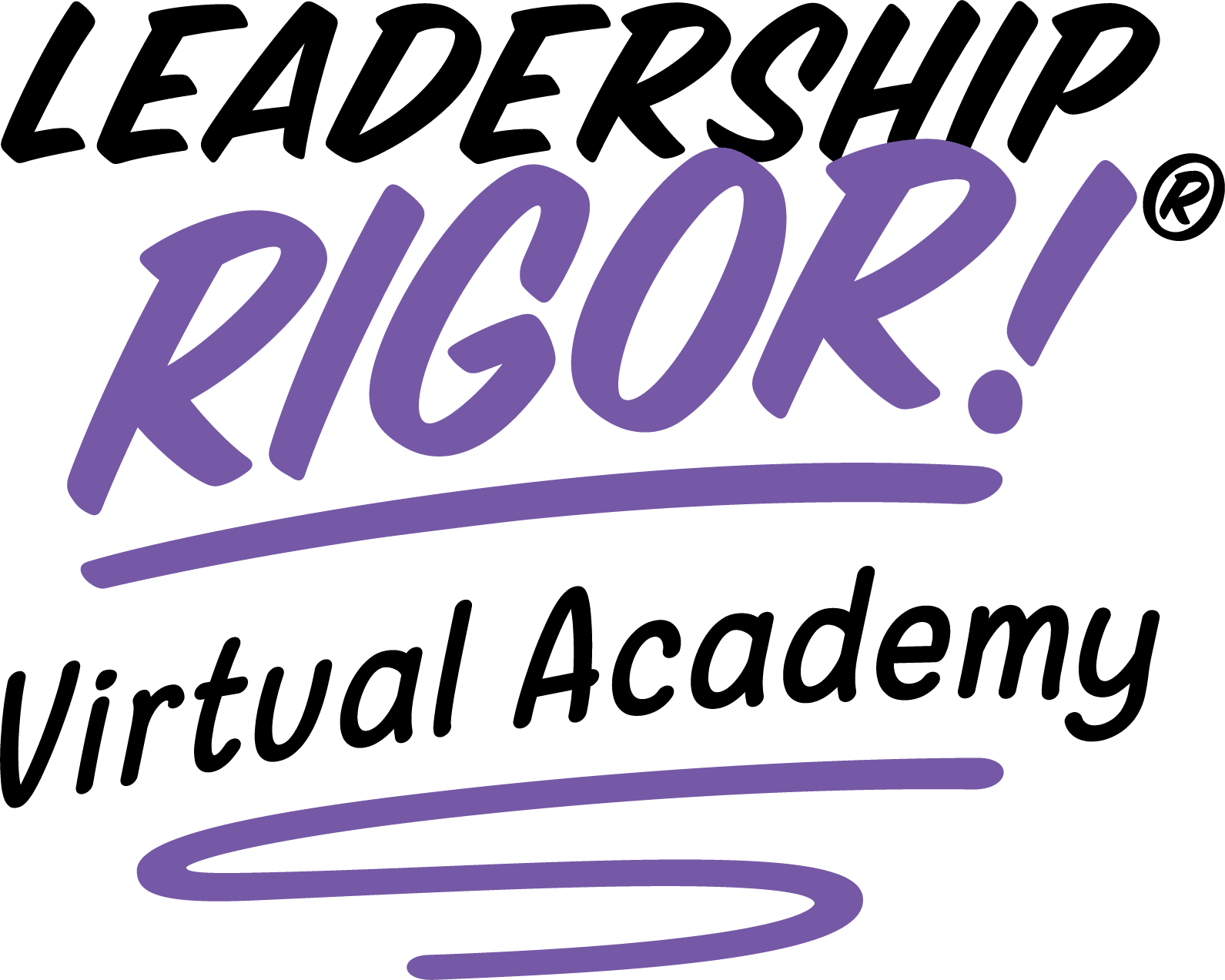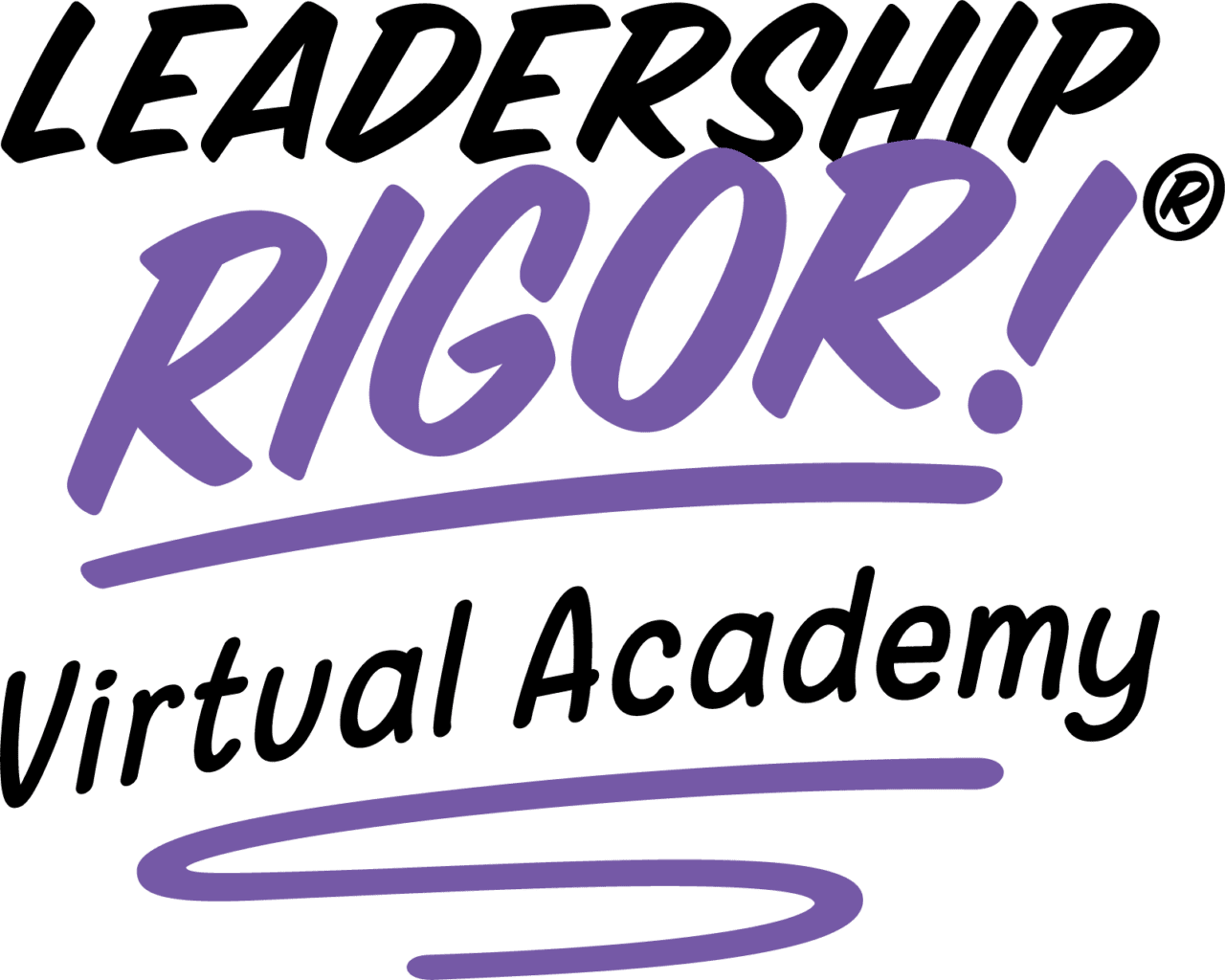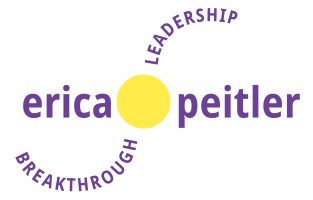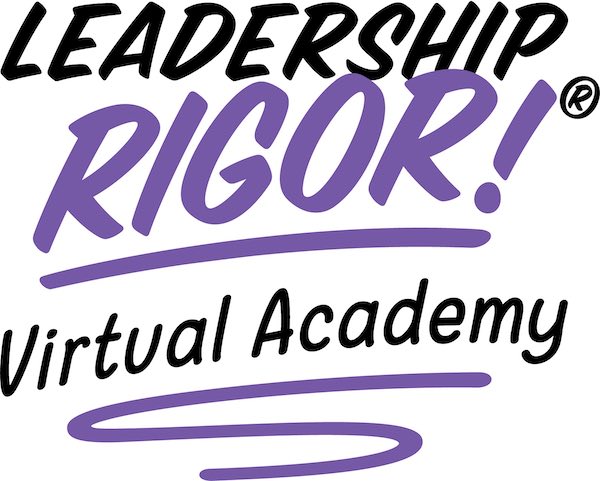Wanted: Team Leaders who can be BOTH Practitioners and Philosophers
October 1, 2015Corporate Leadership Expert Comments on Who Got it Right
October 31, 2015

Spend Matters welcomes this guest event coverage from Barbara Ardell, vice president at Paladin Associates.
ISM’s New Jersey Affiliate hit a home run last week with its seventh annual Women & Leadership Conference. The conference drew 100 women (and a handful of men) representing a range of industries, ages and experience. Although primarily a regional conference, it was a top-notch, national-quality conference with attendees from as far away as Calgary, Canada. Overall, it was an upbeat event with a wealth of thought-provoking content. Attendees agree that it is one of the best conference buys out there. In this post, I will focus on some of the presentations and discussions I witnessed at the event.
The day-and-a-half-long conference incorporated keynotes, breakout sessions, a panel discussion and roundtables that supported the conference theme of “I AM…achieving my potential by owning my success.” Sheila Wolney, global director of Business Process Excellence for DSSI and ISM National’s Chair for its Women In Leadership group, and Kim Start, category manager at DSM, kicked off the conference by sharing their career paths and some lessons learned along the way. Both agreed that we must have the courage to take risks. They also touted the value of “The Motivators Assessment,” an instrument by The Culture Works that helps people identify their passions and provides data to compare a current job description to real inspirations. Both Sheila and Kim recently used data from The Motivators Assessment to redirect their own careers.
More About the Conference and its Speakers
Tamra Pawloski, vice president of sourcing and technology at Chubb & Sons and President-Elect of ISM NJ, was recognized at the event with the Women & Leadership Diamond Award. This award is presented annually at ISM – New Jersey’s Women and Leadership Conference, honoring the leadership and mentoring of women in a supply management role.
Erica Peitler, leadership coach, author of Leadership Rigor and a pharmacist by education, gave the keynote presentation at the event called “I AM a Change-Ready Leader!” Erica contends that leadership is a skilled profession with two critical “currencies” that can be practiced and learned: communications and relationships. She explains that healthy relationships must encompass trust, integrity, candor and transparency, while effective communication requires that you speak with both veritas (truth to power) and gravitas (influence by speaking well at the right time).
Erica rightly observed that we live in a VUCA world: volatile, uncertain, chaotic, ambiguous. Our growth as a leader is a function of our willingness to accept risk and drive change. She said there are no right or wrong answers, just higher or lower levels of risk. She encourages us to recognize that what we acknowledge as a barrier becomes a barrier. “We get what we negotiate according to our self-esteem.”
Erica also discussed her Progressive Mindset Model, which borrows from Everett Rogers’ S curve for innovation adoption. Erica explained that we often get stuck at the bottom of the curve (the bevel) due to psychological barriers such as fear. However, the two critical currencies mentioned above help us break through the “inflection” barrier, which stems from communication and relationship issues. If successful, we “take the hill” and ride the effective leadership wave at the crest. Being change-ready means following a “circulinear” path, or one that is a series of interconnected S curves, she said. Yet only when we are willing and able, and when we have practiced and learned the communications and relationship skills required to lead, are we ready to be a leader.
Roundtables: Future Workforces
The conference wrapped up with a series of roundtable discussions on various topics, including the evolution of women in the work environment/career path and “do you see a work-life balance or work-life blend?”
There was significant discussion throughout these roundtables about whether and how millennials differ from the more senior workforce. All ages agreed that women experience gender-related career challenges. However, younger women feel that their male peers are predominantly gender blind. It was interesting to note that the more senior women felt the same way about their male peers at that point in their careers, yet they encountered barriers as they tried to move up in the organization.
It seems that the male dominated culture prevails and propagates gender bias as individuals progress. It was stated that, in the ‘70s, women believed that there would be gender equality in the next 20 years. However, despite significant progress, many of the same challenges still exist today. What will it look like in another 20 years?
Stay tuned for Part 2 of this ISM-NJ Women & Leadership Conference coverage.
